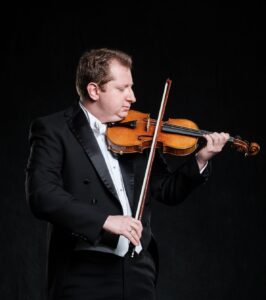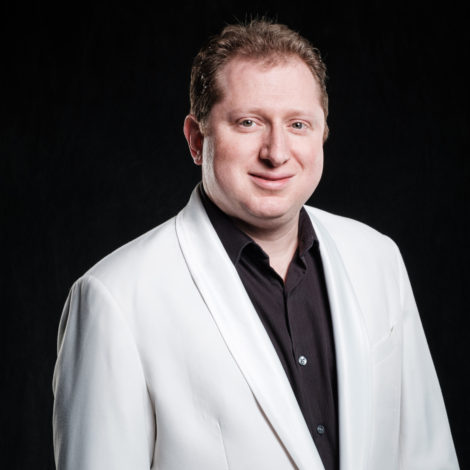Multicore
Major Contributor
- Joined
- Dec 6, 2021
- Messages
- 3,549
- Likes
- 4,248
A competent composer can make that work. There's a lot of possibilities with micro-tones but it can be very tricky to get these designs working right in performance.Update: it features a quartet within the orchestra tuned down a quarter tone. And yet it kinda works.
Ken Ueno wrote a lovely piece for guitar that includes quarter step tuning. The noise effects at the beginning give way to a melody on a simple pulse rapid enough to let you listen to it as a flowing natural process. Dan Lippel, the guitarist in this recording, adds a lyricism that makes it all the sweeter. Of course, one guitar is a much simpler composition and performance problem than an orchestra and quartet off my a quarter tone.

Ken Ueno: Ghost Flower, by Dan Lippel
from the album Bach: Aufs Lautenwerk (Bandcamp exclusive edition w/ Bonus single of new Ken Ueno solo works)
 danlippelguitar.bandcamp.com
danlippelguitar.bandcamp.com
Ken is a friend and a very good composer. Back in the day he was vocalist in Blood Money in which I also composed and played.

